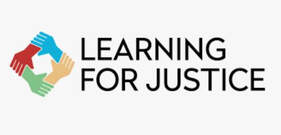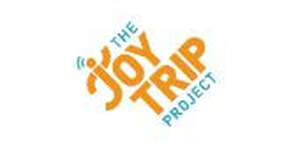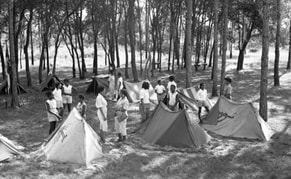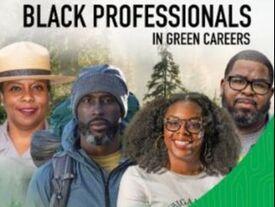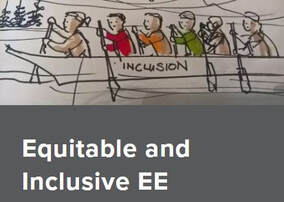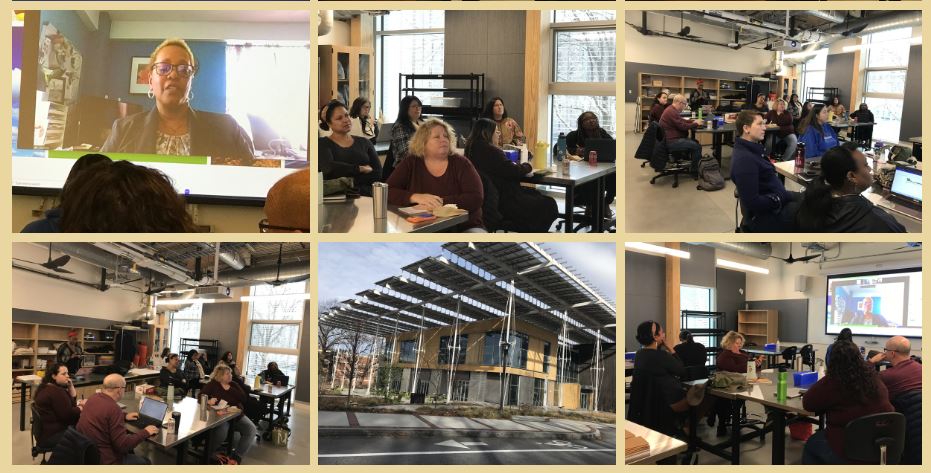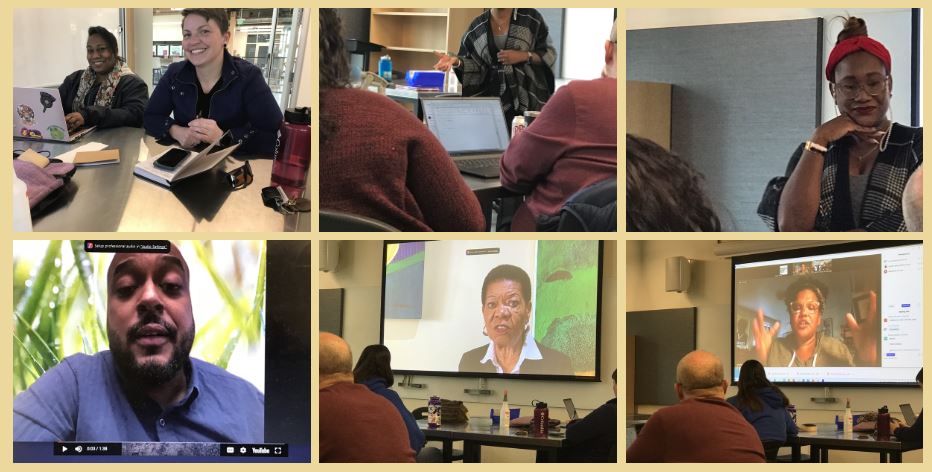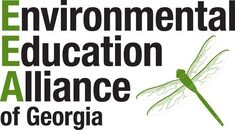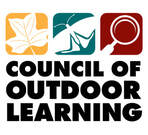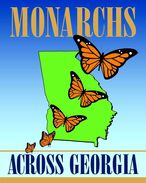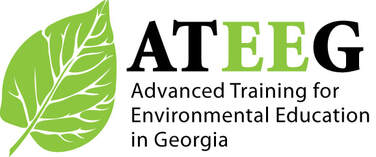Environmental Education Alliance of Georgia
- Our Story
- Our Team
- Our Events
-
Our Resources
- Wildlife Viewing
- Earth Month Activities
- Garden-based Learning
- EcoEngineering Challenges
- Community (Citizen) Science
- Phenomenon-Based Learning
- Problem-Based Learning
- Place-Based Learning
- Project-Based Learning
- Teaching about Climate Change
- Teaching about EJ
- Zero Waste Heroes
- SAGES Project
- Virtual EE Resources
- Environmental Clubs
- Evaluation and Assessment
-
Our Work
- Our News
- Our Impact
- JOIN or GIVE
- Member Portal
- Contact Us
- Outdoor Learning Store
- PassTick2023-4
- Annual Report
- New Page
- Past 2022 EEA Conference
- Past EEA Board 2021-22
- Past 2022 conferenceoverview
- Non-clickable Page
- New Page
- EEA Guest Blog
- Our Story
- Our Team
- Our Events
-
Our Resources
- Wildlife Viewing
- Earth Month Activities
- Garden-based Learning
- EcoEngineering Challenges
- Community (Citizen) Science
- Phenomenon-Based Learning
- Problem-Based Learning
- Place-Based Learning
- Project-Based Learning
- Teaching about Climate Change
- Teaching about EJ
- Zero Waste Heroes
- SAGES Project
- Virtual EE Resources
- Environmental Clubs
- Evaluation and Assessment
-
Our Work
- Our News
- Our Impact
- JOIN or GIVE
- Member Portal
- Contact Us
- Outdoor Learning Store
- PassTick2023-4
- Annual Report
- New Page
- Past 2022 EEA Conference
- Past EEA Board 2021-22
- Past 2022 conferenceoverview
- Non-clickable Page
- New Page
- EEA Guest Blog
EEA INITIATIVES

Creating Equitable Learning Spaces
Guest Blog by Patricia Morgan, Ph.D., President, Georgia Science Supervisors Association
Dear Friends,
The larger conversation is centered on racism in our justice system; however, equally important are the critical discourses we must now engage in as it pertains to the racial disparities and social injustices in science education. As a Black woman science leader, I have experienced marginalization and othering both during my schooling experience and throughout my career. I am taking a stand for racial and social justice for our students, those same students that we profess to love and support. Many students receive schooling that acts as the source of their oppression. We have the power within our community of Science Ed to redress these injustices. Here are some real and actionable steps we can take to combat racism within our own curriculum in ways that will liberate our students from the oppression, marginalization, and othering that exist within the curriculum . . .
Curriculum is NOT a set of standards. Curriculum is both prescriptive (planned interactions) and descriptive (experiences). Think of the curriculum as being your game plan in football. Standards are the rule books and are consistent throughout our state and are in place to ensure the fidelity of the game. However, there are aspects of the curriculum that varies and also impacts the game plan. These are textbooks, ancillary materials and consumables, labs, scientific discourses, hidden curriculum, AND learning experiences. Sadly, some students’ learning experiences, thus their game plan, are stained with racism, sexism, classism, and a multitude of other isms that oppress our students. School is just a microcosm of our society.
I loathe hearing “we need more time to digest this” or “there’s no silver bullet to fix this.” Because actually there is a fix, and our students shouldn’t have to endure another school year of systemic injustices as we grapple with our feelings. Our students do not have educational gaps, we have an educational debt that must be addressed and paid swiftly. Below I highlight five things we can do immediately to create equitable spaces in science:
Guest Blog by Patricia Morgan, Ph.D., President, Georgia Science Supervisors Association
Dear Friends,
The larger conversation is centered on racism in our justice system; however, equally important are the critical discourses we must now engage in as it pertains to the racial disparities and social injustices in science education. As a Black woman science leader, I have experienced marginalization and othering both during my schooling experience and throughout my career. I am taking a stand for racial and social justice for our students, those same students that we profess to love and support. Many students receive schooling that acts as the source of their oppression. We have the power within our community of Science Ed to redress these injustices. Here are some real and actionable steps we can take to combat racism within our own curriculum in ways that will liberate our students from the oppression, marginalization, and othering that exist within the curriculum . . .
Curriculum is NOT a set of standards. Curriculum is both prescriptive (planned interactions) and descriptive (experiences). Think of the curriculum as being your game plan in football. Standards are the rule books and are consistent throughout our state and are in place to ensure the fidelity of the game. However, there are aspects of the curriculum that varies and also impacts the game plan. These are textbooks, ancillary materials and consumables, labs, scientific discourses, hidden curriculum, AND learning experiences. Sadly, some students’ learning experiences, thus their game plan, are stained with racism, sexism, classism, and a multitude of other isms that oppress our students. School is just a microcosm of our society.
I loathe hearing “we need more time to digest this” or “there’s no silver bullet to fix this.” Because actually there is a fix, and our students shouldn’t have to endure another school year of systemic injustices as we grapple with our feelings. Our students do not have educational gaps, we have an educational debt that must be addressed and paid swiftly. Below I highlight five things we can do immediately to create equitable spaces in science:

1. Examine your biases (implicit and explicit), privilege, and cultural competence.
2. Remove deficit-based languages from your vocabulary and perceive student strengths
3. Question if your students see themselves reflected in the curriculum.
For example, Chambers (1983) studied students’ depiction of scientists from 1966 to 1977 and found that 0.6% of elementary-age children drew a female scientist during his “The draw‐a‐scientist test.” Miller et al. (2018) continued this work with a meta-analysis of five decades of continued testing and found that now 28% of children drew female scientists.
Female STEM Role Model Posters
Diverse Engineer Posters
Best Free Posters of Women in STEM
4. Help students develop a critical consciousness so that they can become change agents.
Most times (or just during Black History Month) we share positive narratives of Black people in STEM (i.e., Hidden Figures) but we fail to discuss and have courageous conversations about systemic oppression and abuse of Black people in Science (e.g., Henrietta Lacks and Cell Research, Tuskegee Syphilis Study, Beyonce, Serena and the High Mortality Rate of Black Mothers, etc.). Teach both realities and have them challenge the current status-quo of the social order.
5. Review course sequences and course offerings for children of color and disaggregate student placement in remedial, gifted, honors, and AP courses by ethnicity and gender.
What does this data tell you? You may be surprised to see that for years, low-income/ high IQ students are steered away from gifted courses due to their teachers’ perception of their abilities, and children of color are steered away from more advanced and rigorous courses than their white peers. I’ve heard plenty of horrible excuses for this practice (e.g., “My students can’t read on grade level for Biology, so I am going to place them in Earth Science to start). This is wrong. As someone who sat on the Earth Science Standards Revision Committee, I can ensure you that Earth Science is just as vocab intensive as Biology. The ugly truth is that we try to steer students away from Biology because it is a tested subject and tested subjects require accountability.
6. Consider student "funds of knowledge" as assets.
Switch from a deficit-based approach (focused on identifying student weaknesses) to an asset-based model. Partner with families to get to know each student's cultural, linguistic and educational background and value the experience, perspectives, and ideas that they bring to the classroom.
- Need help? →
- Take Harvard’s Project Implicit Test.
- Also, watch and read any of the following:
2. Remove deficit-based languages from your vocabulary and perceive student strengths
- Need help? →
- Remove deficit language and instructional practices from your teaching toolbox.
- Example: stop teaching science content words in isolation from experience (see STEMTeachingTool for tips).
- Example: Replace “those kids don’t speak English” with “my students are multilingual.”
- Remove deficit language and instructional practices from your teaching toolbox.
3. Question if your students see themselves reflected in the curriculum.
For example, Chambers (1983) studied students’ depiction of scientists from 1966 to 1977 and found that 0.6% of elementary-age children drew a female scientist during his “The draw‐a‐scientist test.” Miller et al. (2018) continued this work with a meta-analysis of five decades of continued testing and found that now 28% of children drew female scientists.
- Need help? →
Female STEM Role Model Posters
Diverse Engineer Posters
Best Free Posters of Women in STEM
4. Help students develop a critical consciousness so that they can become change agents.
Most times (or just during Black History Month) we share positive narratives of Black people in STEM (i.e., Hidden Figures) but we fail to discuss and have courageous conversations about systemic oppression and abuse of Black people in Science (e.g., Henrietta Lacks and Cell Research, Tuskegee Syphilis Study, Beyonce, Serena and the High Mortality Rate of Black Mothers, etc.). Teach both realities and have them challenge the current status-quo of the social order.
- Need help? →
- Read and watch the following:
- But That's Just Good Teaching! The Case for Culturally Relevant Pedagogy,
- Teaching Tolerance,
- Cooperative Children’s Book Center Diversity Resources,
- Teaching for Change,
- Coretta Scott King Book Award Winners,
- STEM Teaching Tools,
- The National Association for Multicultural Education,
- Social Justice: National Museum of American History Resources
- Read and watch the following:
5. Review course sequences and course offerings for children of color and disaggregate student placement in remedial, gifted, honors, and AP courses by ethnicity and gender.
What does this data tell you? You may be surprised to see that for years, low-income/ high IQ students are steered away from gifted courses due to their teachers’ perception of their abilities, and children of color are steered away from more advanced and rigorous courses than their white peers. I’ve heard plenty of horrible excuses for this practice (e.g., “My students can’t read on grade level for Biology, so I am going to place them in Earth Science to start). This is wrong. As someone who sat on the Earth Science Standards Revision Committee, I can ensure you that Earth Science is just as vocab intensive as Biology. The ugly truth is that we try to steer students away from Biology because it is a tested subject and tested subjects require accountability.
- Need help? →
- Critically review course entrance rubrics
- Staff courses with highly-qualified staff who want to teach diverse students
- Read:
6. Consider student "funds of knowledge" as assets.
Switch from a deficit-based approach (focused on identifying student weaknesses) to an asset-based model. Partner with families to get to know each student's cultural, linguistic and educational background and value the experience, perspectives, and ideas that they bring to the classroom.
Making Environmental Education Inclusive and Relevant
Some concrete, tangible steps for centering inclusivity and reducing divisiveness
Reframe Classroom Management
|
Effective classroom management is critical to supporting student engagement and achievement. A creative, engaging lesson is of little use if taught in a chaotic classroom. In a survey administered by Learning for Justice (formerly Teaching Tolerance), over 45% of teachers said they had wanted to leave the profession because of behavioral issues. This toolkit reframes classroom management by focusing on student development. Worksheets, strategies and tips for teachers .
|
Value Students' Perspectives and Recognize their Sense-Making Strategies
|
This free chapter from the book: Helping Students Make Sense of the World with NGSS [C Schwarz, C Passmore, B Reiser; © 2017 NSTA Press] includes vignettes that "show how science practices and students’ sense-making repertoires can be brought together to create scientifically meaningful learning. Each illustrates students engaging in science practices in ways that broaden valued relationships among teachers, students, and scientific phenomena."
|
Discover How to Increase Inclusivity & Guard Against Racism in the Outdoors (ARITO)
|
This resource guide is intended for students, educators, outdoor advocates, volunteers and community leaders as allies of Black, Indigenous, and People of Color in the outdoors. It was compiled by Don Rakow of Cornell University [email protected], and Laura Brown of the University of Connecticut [email protected].
|
Gain Perspective about the History of African Americans and the Great Outdoors
|
a National Park Service Report
|
Historically, "from New England to the Deep South and from the Midwest to the Pacific Coast, African Americans encountered a diverse array of policies and practices that worked to exclude them from white-controlled or -claimed outdoor recreational spaces. The deadly consequences of challenges of white supremacy .... profoundly experienced how Black people experienced nature. African Americans' collective memories and lived experiences of racial discrimination informed their decisions about where, how, and with whom to pursue recreation."
|
Learn about Black Faces in Green Spaces: Black Professionals in Green Careers
|
This e-book from Project Learning Tree is free. Filled with 120 pages of inspiring stories and profiles, the guide provides insights on the diverse career paths taken by some individuals who found their way into a green career through their love of nature and the outdoors.
|
Incorporate STEM Teaching Tools for an Inclusive Classroom
Explore Race, Class, Gender and American Environmentalism
|
Dorceta Taylor's research on the environmental movement in the US reveals the shortcomings of a traditional historical narrative that assumes all people experienced nature the same way. She documents how differences in race, class, and gender had profound effects on people’s environmental experiences, and consequently their activism . These differences still reverberate today.
|
Use Classroom Protocols to Promote Trust, Cooperation, Respect, & Problem-Solving
|
Consider using a "Jigsaw Classroom" approach, a cooperative learning technique designed to reduce racial conflict among students, promote better learning, improve motivation, and increase enjoyment of the classroom experience.
Teach children to manage conflict and solve problems through games and design challenged, as described in this Edutopia article: "Building Students' Problem-Solving Skills." |
Complete NAAEE's Equitable & Inclusive Environmental Education e-Learning Module
|
This module from NAAEE was designed to help environmental educators promote principles that build a more diverse, equitable, and inclusive movement. It is a brief intro into how we can honor the beliefs, attitudes, and values of all individuals, and remain committed to promoting diversity, inclusion, and equity in all aspects of our work.
|
Reframe Outdated Lessons
|
Some of the most time-honored and popular lessons in the canon of environmental education fall short when it comes to inclusivity. And some lessons were never research-based, or science has advanced since the activities were created. Still other ee lessons mislead because they focus on limited perspectives and voices. It can be hard to give up lessons we are used to teaching - but reframing lessons to be more inclusive, accurate, and research-based is a win for everyone! Find out how to attend an EEA workshop on reframing outdated ee lessons.
|
Thank you to all who attended EEA's workshop on
inclusive instructional strategies for outdoor learning in January, 2023.
|
Environmental Education Alliance, Inc.
P.O. Box 801066 | Acworth, GA 30101 EEA does not does not discriminate on the basis of race, color, national origin, sex, age, or disability in its program , activities, or employment. For more information on EEA's non-discrimination commitment click here . Grievance officer may be contacted at [email protected] |
Proudly powered by Weebly
|
